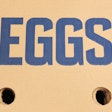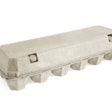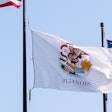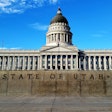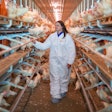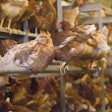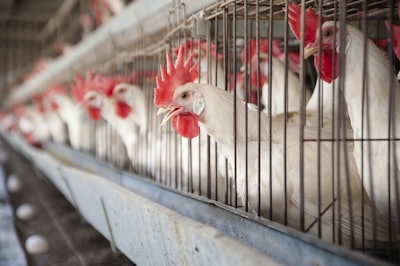
The U.S. Supreme Court ruled 5-4 to uphold California's Proposition 12, which prohibits the use of cages for egg-laying hens and bans the sale of pork from hogs that don’t meet certain production standards, in an opinion issued May 11.
“Today’s Supreme Court decision on California’s Proposition 12 sets a dangerous precedent for animal rights extremist groups to target other states with similar ballot initiatives,” said the Animal Agriculture Alliance in a statement.
“The Humane Society of the United States is a prime example of a group that focuses efforts on states that will be minimally impacted by the legislation, knowing they will receive less resistance within the state while setting a precedent. In California, specifically, farmers in the state raise less than 1% of pigs in the U.S. yet consume 13% of the pork. This means that a significant majority of California’s pork is produced in other states, who will now be expected to comply with regulations passed by voters outside of their own state.”
In National Pork Producers Council v. Ross, the NPPC had challenged the constitutionality of the law, saying it violates the Commerce Clause and fails the Pike balancing test.
The Commerce Clause grants Congress the power to regulate trade among the states and restricts states from regulating commerce outside their borders, except for matters related to public health and safety. The Pike balancing test refers to Pike v. Bruce Church, a case from 1970 in which the Supreme Court found that, to be constitutional, the burdens a state or local law imposes on out-of-state commerce must not be clearly excessive in comparison to the local benefits.
The appeal to the Supreme Court came after the U.S. Court of Appeals for the 9th Circuit in July 2021 upheld a lower court ruling against the NPPC case. The Supreme Court's opinion affirms that ruling.
What does this mean for the future?
As a result of the ruling, the Animal Agriculture Alliance warned other states to be prepared for similar initiatives to arise, especially in states that allow for legislation to be passed through the ballot.
“Ballot initiatives allow these extremist groups to bypass the traditional legislative process to go straight to voters on issues that the general public typically has little knowledge of and that tend to be oversimplified in ballot measure wording,” it said.
“This is particularly effective when it comes to emotional issues such as animal welfare. It’s extremely costly for the animal agriculture community to push back against ballot initiative campaigns, as the target audience is the state’s entire population rather than a limited number of state legislators. We need to be proactive in communicating and building trust with the public to reduce the effectiveness of these animal rights extremist-led campaigns that attempt to capitalize on misinformation.”









